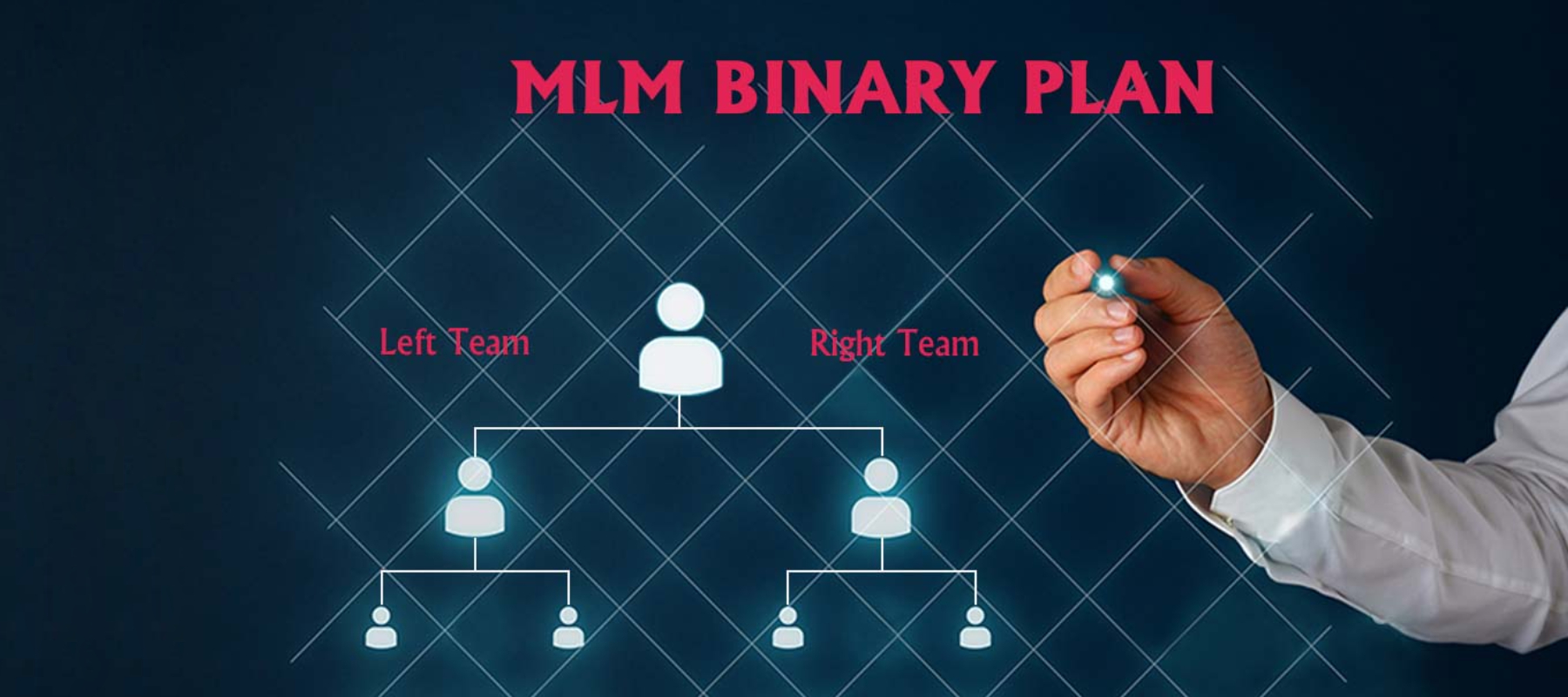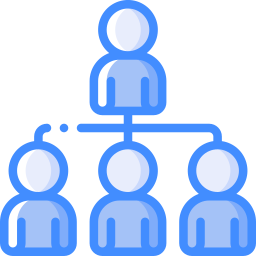Requirements To Setup MLM Company In Malaysia
17 Nov, 2023

In the meaning of network marketing or multi-level marketing (MLM), a binary system is one of the compensation plans or structures used to manage the distributors and disburse commissions or bonuses to distributors according to rule defined in Binary Plan. MLM companies often use various compensation plans to incentive their distributors to recruit new members and build a strong downline organization.
In a binary MLM system, distributors only required to organize two legs or teams, often referred to as the "left leg" and the "right leg." Each distributor can only have two frontline recruits or personally sponsored distributors, one placed in each leg. This structure creates a binary tree-like organization where each distributor is responsible for building and maintaining their two legs.
Here are some key characteristics of a binary MLM system:

Distributors are required to recruit and place new members in their two legs. These recruits can be their direct referrals or members placed by their upline sponsors.

When a distributor sponsors more than two members, the excess recruits are often placed in the next available positions in their downline organization. This process is known as "spillover" and can help build the weaker leg.

Commissions and bonuses are typically based on the sales volume or points generated by the weaker leg. The goal is to balance the volume between the two legs, which can be challenging as one leg may grow faster than the other.

Some binary MLMs offer matching bonuses based on the earnings of personally sponsored members. These bonuses can encourage distributors to support and help their recruits.

The success of a distributor in a binary system often depends on the balanced growth of both legs. If one leg significantly outperforms the other, it can limit the distributor's overall income potential.
Binary MLM systems have both advantages and disadvantages. The binary structure can promote teamwork and cooperation among distributors, and spillover can help those with weaker recruitment skills. However, it can also be challenging to maintain a balanced structure, and commissions are typically based on the performance of the weaker leg, which can lead to income disparities among distributors.